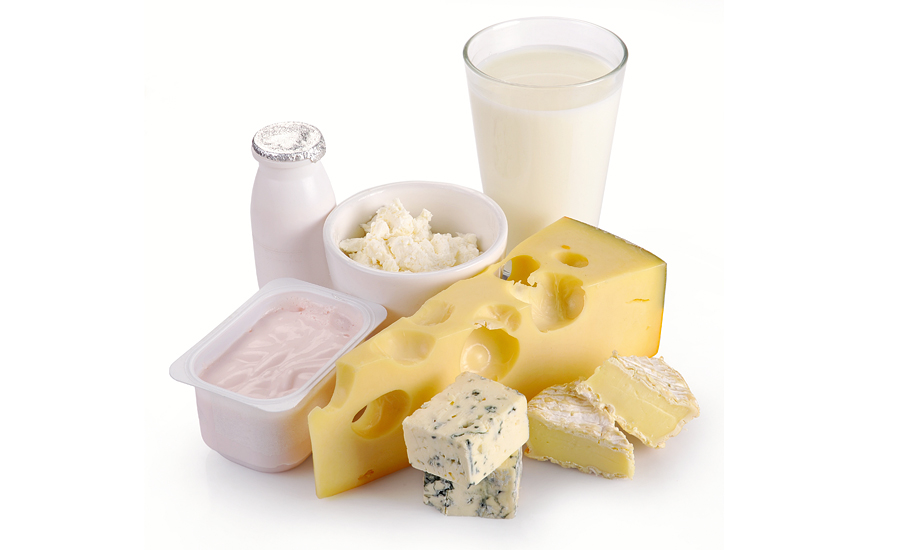Even as non-dairy alternatives expand into new territories, so do the animal milk-based originals, according to market research firm Packaged Facts, Rockville, Md.
In the report, “2017 Forecast: Culinary Trend Tracking Series,” Packaged Facts forecasts that in the months and years ahead, consumers will gravitate to products that display the wholesome characteristics of dairy, such as cultures and connections to animal welfare and farming traditions—elements that point to safety, nutrition and sustainable food production.
Consumers will also continue snacking on dairy foods that provide protein, calcium and probiotics. To that end, more savory options will beckon from the dairy case, calling out to be eaten at any time of day and to be paired with salads, sandwiches, meat snacks and munchies. Packaging promoting portability and portion control will also allow for more convenient access to these healthful dairy foods.
With increased consumption also comes a broader array of flavors and styles of dairy foods.
On that note, here are five key insights for inspiring consumers when purchasing and cooking with dairy:
- Leverage dairy foods' heritage to connect with consumers seeking traditional, old-fashioned and authentic-feeling experiences with full-fat cultured dairy.
- Explore more savory flavors for dairy products that are positioned and packaged for snacking or mini-meals.
- Support consumers seeking to experiment in the kitchen with flavored butter or cheese with recipe resources and video clip series. Culinary experts as educators, like celebrity chefs or popular cooking authorities, will inspire consumers.
- More foods are going portable to be eaten away from home; what products can be packaged for easy access, grab and go or airline travel? For example, 3-ounce package sizes of cheese, cottage cheese or skyr are great for planes.
- Dairy foods add a wholesome and nutritious angle when baked or cooked into other foods. For instance, call out the notable dairy additions in sweet baked goods, cookies, snack cakes and bread. Name farms or regions of sources, and indicate nutrients from dairy ingredients.
The report addresses six food categories:
- Meat and poultry
- Dairy
- Baked goods
- Fruits and vegetables
- Nuts and seeds
- Seasonings and flavors


